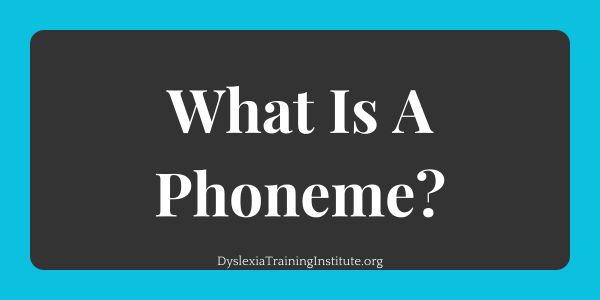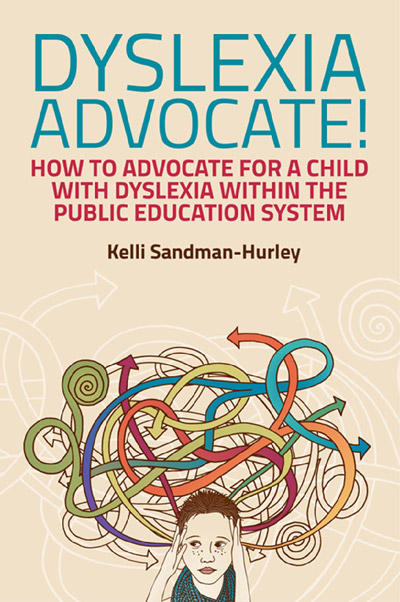Dyslexia impacts a person’s ability to read, write and spell. It occurs on a continuum from mild, moderate, severe to profound. Dyslexia is not related to intelligence. In fact, it is usually unexpected in relation to a person’s abilities in other areas. The symptoms and severity of dyslexia may change during the lifespan of an individual.
Defining Dyslexia
WANT TO LEARN MORE?
You can register for our Defining Dyslexia course or register for our accredited Dyslexia Certificate Program (Orton-Gillignham).
View courses or get certified
Individuals with dyslexia often have difficulty with accurate and or fluent word recognition (decoding) reading fluency, reading comprehension, and spelling (encoding). Research suggests that dyslexia is the result of inefficiencies in how brain processes phonological information which is the ability to recognize and manipulate the sounds of spoken language. People with dyslexia might also be proficient in phonological awareness, but struggle with using that information when reading the written word. Additionally, many people with dyslexia express that dyslexia has also affected their social/emotional health. It is important to note that dyslexic individuals may also exhibit strengths in other areas, such as problem solving, creativity and critical thinking.
Dyslexia is a lifelong condition, and the severity can fluctuate over a lifetime in response to variables like early identification, appropriate intervention, home and community support and the severity of the dyslexia.



